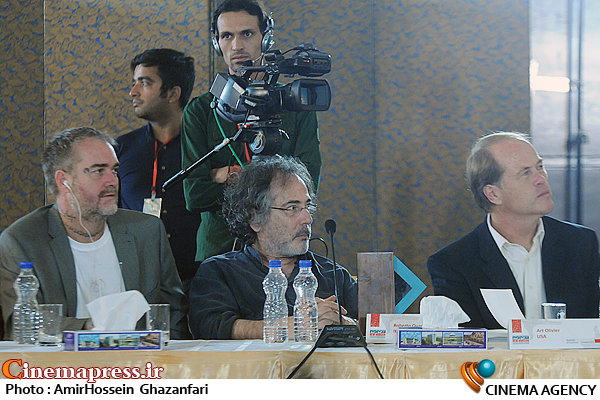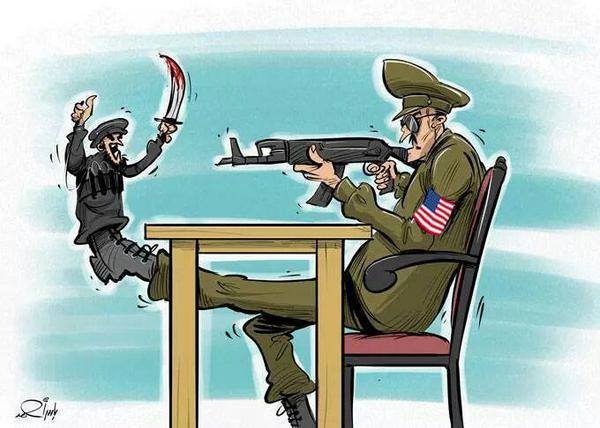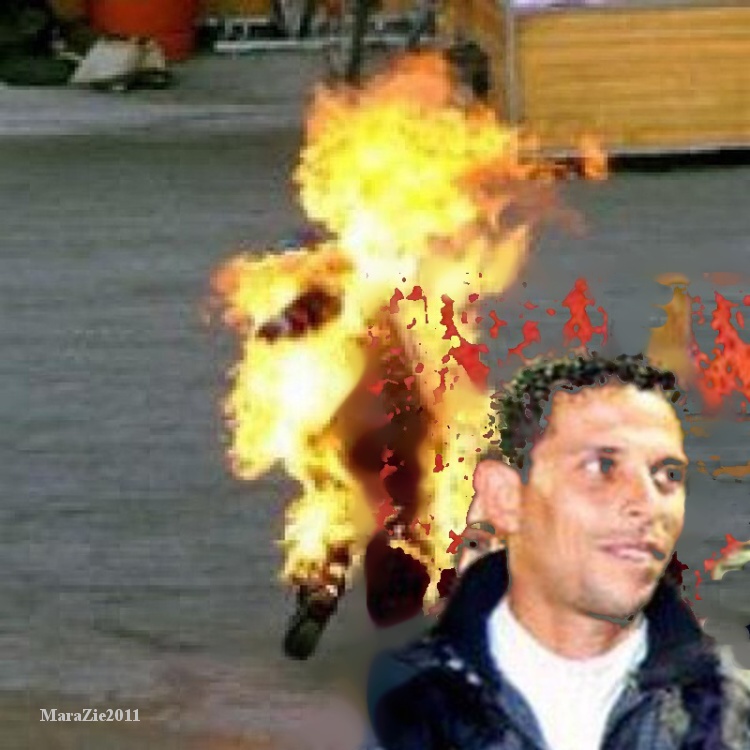 The 2nd conference “New Horizon: the International Conference of Independent Thinkers” was held in Tehran, September 29–October 1 2014, including over 30 journalists, writers and academics from around the world presenting papers and arguing issues of world geopolitics, with a focus on the Middle East. I represented Canada, along with University of Lethbridge Globalization Studies Professor Anthony Hall, author of Earth into Property: Colonization, Decolonization, and Capitalism (2010). It was greeted in western media by hysterical denunciations, in the first place by the American Jewish Committee which accused it of “promoting hatred of Jews and Israel” and the Anti-Defamation League which accused it of “promoting anti-Semitic propaganda”.
The 2nd conference “New Horizon: the International Conference of Independent Thinkers” was held in Tehran, September 29–October 1 2014, including over 30 journalists, writers and academics from around the world presenting papers and arguing issues of world geopolitics, with a focus on the Middle East. I represented Canada, along with University of Lethbridge Globalization Studies Professor Anthony Hall, author of Earth into Property: Colonization, Decolonization, and Capitalism (2010). It was greeted in western media by hysterical denunciations, in the first place by the American Jewish Committee which accused it of “promoting hatred of Jews and Israel” and the Anti-Defamation League which accused it of “promoting anti-Semitic propaganda”.
The conference almost didn’t take place at all, having been officially cancelled, supposedly as a gesture to the West, after the new Iranian President Hassan Rouhani was elected last year. But after a flood of criticism at Iranian websites sympathetic to the organizers, the Iranian Foreign Ministry reversed itself. Nader Talebzadeh, the principle organizer, had had to lobby hard to reinstate the conference, calling the cancellation of the conference “a major mistake on the part of our government”. “Have our leaders given in so much to the world that they are even afraid of a conference that might hurt Mr Obama’s feelings?” asked one blogger sarcastically.

 Tehran (FNA)- Eric Walberg, a Canadian journalist, believes that the Islamic State of Iraq and the Levant (ISIL) terrorist group will continue to flourish as long as the US continues its aggressive policies to dominate the Middle East.
Tehran (FNA)- Eric Walberg, a Canadian journalist, believes that the Islamic State of Iraq and the Levant (ISIL) terrorist group will continue to flourish as long as the US continues its aggressive policies to dominate the Middle East.
 The declaration by the Islamic State (IS) leader, Abu Bakr al-Baghdadi, of a new Islamic civilization on lands where Islam flourished over a millennium ago is a heady call, and has been welcomed by many frustrated, angry Muslims, anxious to see the end of US-Israeli hegemony in the region. This reminds one of the excitement generated by the Russian revolution of 1917, where a small band of revolutionaries seized power and declared a communist state, soon to become a world united under the new selfless creed.
The declaration by the Islamic State (IS) leader, Abu Bakr al-Baghdadi, of a new Islamic civilization on lands where Islam flourished over a millennium ago is a heady call, and has been welcomed by many frustrated, angry Muslims, anxious to see the end of US-Israeli hegemony in the region. This reminds one of the excitement generated by the Russian revolution of 1917, where a small band of revolutionaries seized power and declared a communist state, soon to become a world united under the new selfless creed.




